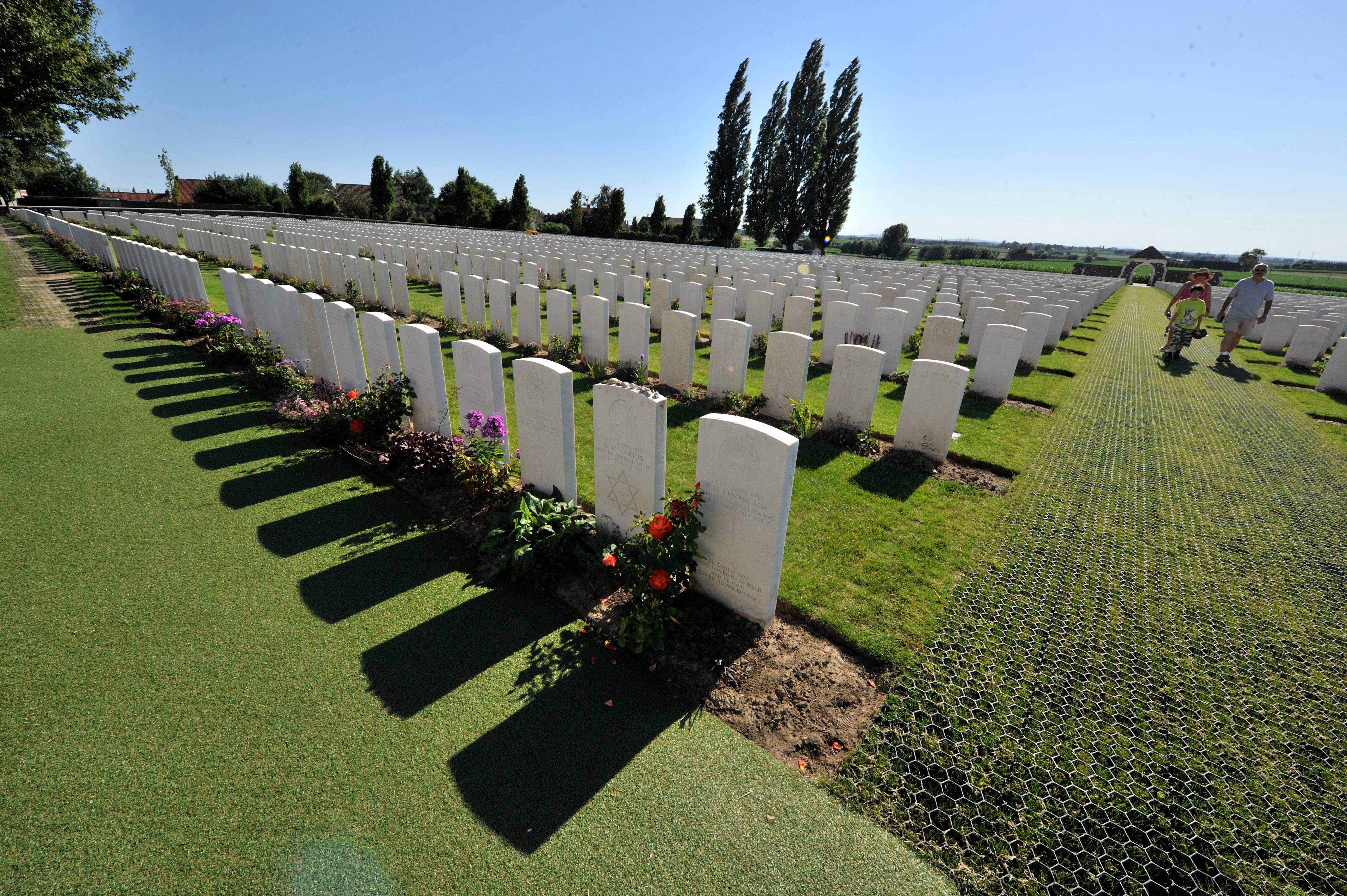You should never, these days, under-estimate peoples’ ability to be outraged – outraged, I tells you – by the most innocuous event. Never. There are, after all, a depressing number of chippy morons in this country.
Even so, I confess to being surprised by the hostility with which plans to commemorate the First World War have been met. At least in some quarters. I had thought, naively it is now clear, this commemoration would be uncontroversial, what with the First World War being, by any reckoning, an episode of some seriousness and consequence.
That’s hardly to say that the war’s arguments have been settled. Far from it. Interpreting or understanding the First World War remains a complicated, delicate, business. Accepting that it is an event that deserves to be commemorated, however, is something I’d thought obvious.
But of course I’d forgotten – foolishly, momentarily – that you can never slake a Scotsman’s thirst for grievance. Well, some Scotsmen, anyway. There is a type of Scottish nationalist for whom commemorating the First World War is some kind of obscenity.
Worse than that, actually, it is a “British nationalist” conspiracy designed to put Scotland in its place and remind them that this place remains within the United Kingdom. We must, I suppose, admire the Kaiser’s foresight in launching his war a centenary before Scotland trudges to the polls to decide its future.
I should say that the SNP leadership takes a different view on this. But, as so often, the leadership is more sensible than the movement. More sensible too than some of its own backbenchers. Joan McAlpine, for instance, this week used her propaganda column in the Daily Record to assail David Cameron’s plans for “jingoistic celebrations” of the war.
It should hardly need saying that these “jingoistic celebrations” exist only in fevered nationalist imagination. It is a long, long time since many people in Britain celebrated the First World War. A long time since even winning the war was considered something worth stressing at the annual Remembrance commemorations. We might have won, but the price was Pyrrhic.
But to listen to some nationalists – or, at any rate, to read them on Twitter or Facebook – you would think next year’s commemorations will be joyous celebrations. There will be street parties. And bunting. And bully beef fritters.
Except, of course, there won’t. Because no-one actually thinks of the First World War as an occasion for celebration. It is true that David Cameron said commemorating the war would, like the Diamond Jubilee celebrations, be something that could bring people together, reminding them of our shared history. But what of it? This seems demonstrably true. It is something that happens each November too.
According to McAlpine and those who agree with her, however, “You mark the end of wars, not their beginning”. Doubtless this means 2039 should be just another unremarkable year.
As I say, the arguments about the Great War have hardly been settled. The centenary seems an appropriate time for them to be made again. There is nothing unseemly about this. Joan McAlpine, for instance, thinks the First World War showed “the worst of British – arrogance, self-delusion and a desire to dominate on the world stage.” It’s a point of view. One worth arguing about, perhaps. Which would require us to spend some time thinking about the War. If only there was a suitable anniversary upon which to do so.
As for the poor bloody infantry, well, McAlpine moves in to full-on stab-in-the-back mode: “Talk about misplaced loyalty” she complains, adding, “What they had to be patriotic about is anyone’s guess”. The war spawned many victims but Scots earned a special class of victimhood. (And we know who is to blame for that, don’t we?)
Perhaps we could use the centenary to hazard some guesses? Perhaps the anniversary of the great rush to arms could be used, not just to note what they felt but to explore why so many people felt the way they did?
But no. Because commemorating the outbreak of the most disastrous and, in many senses, tragic war in British history is just obviously going to be a festival of Britnattery that will be used for political ends. Those ends, equally obviously, are to hoodwink Scotland into rejecting independence. Obviously. If you can’t see that, you’re a sap.
Sign me up as a sap then. I confess the connection between commemorating the First World War and voting intentions in next September’s referendum is not clear to me. Then again, I also see no link between the referendum and next year’s commemoration of the 700th anniversary of Bannockburn. Neither seems likely to sway or otherwise influence how you will or should vote. That was then; this is now.
I can’t avoid feeling, however, that the people keenest on using the war’s centenary for political purposes are the likes of Joan McAlpine and her chums. They are the ones claiming, in all apparent seriousness, that the commemorations will be all in the spirit of Two World Wars and One World Cup. There is something rancid about this, something wearisomely small-minded, something exhausting about having to even have this kind of discussion. Something, too, that makes you wish you didn’t share a country with people who think like this.
So, fine. If these nationalists wish to soap themselves with paranoia then let them. That is their prerogative. Most of the rest of us, however, will wonder what the hell they are talking about. Most of the rest of us, as I wrote in The Scotsman earlier this week, will think the commemorations seemly. And we will note, again, the distinction between sensible SNP types such as Angus Robertson and their nuttier supporters who really do, on this evidence, hate Britain, her history and all she has ever done rather more than it is convenient or fashionable to note or admit.








Comments